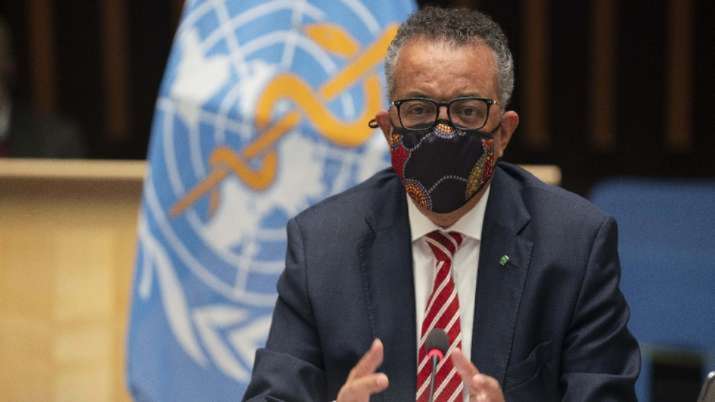
WHO says Zika, Dengue could trigger next pandemic.
The World Health Organization (WHO) has warned that the next pandemic could be triggered by insect-borne pathogens, including Zika and dengue.
Arthropod-borne virus (Arbovirus) like dengue, yellow fever, chikungunya and Zika virus are all current public health threats in tropical and subtropical regions where approximately 3.9 billion people live. The frequency and magnitude of outbreaks of these arboviruses, particularly those transmitted by Aedes mosquitoes, are increasing globally, driven by a convergence of ecological, economic and social factors.
According to the WHO, dengue fever infects 390 million people annually in 130 countries where it is endemic, while the Zika virus caused an outbreak in 2016 when it was found to cause birth defects such as microencephaly. It has been detected in at least 89 countries. Yellow fever carries a high risk of spreading to 40 countries and causes death such as jaundice and severe hemorrhagic fever and dengue. Chikungunya, though lesser known, is present in 115 countries and causes severe and disabling joint-disabling arthritis.
The WHO said there are increasing signs that the risk of these diseases is “increasing”, The Telegraph reported. Experts are scrambling to develop strategies to prevent the next outbreak from turning into a catastrophe. Targeting the arbovirus tops the list. “We are going through two years of the COVID-19 pandemic and we have learned the hard way what” [it costs] One should not prepare for high-impact events,” Dr Sylvie Bryand, director of the global infectious threat preparedness team at WHO, was quoted as saying.
“we [a] Indications with SARS in 2003 and the experience of the influenza 2009 pandemic – but there were still gaps in our preparedness,” she said. “The next pandemic, very likely, could be caused by a new arbovirus. And we also have some signs that the risk is increasing.” The expert was speaking at the launch of WHO’s new global arbovirus initiative – to focus resources on risk surveillance, epidemic prevention, preparedness, detection and response. An integrated strategic plan for
Dr Mike Ryan, Head of the Department of Healthcare, said: “There is an urgent need to re-evaluate the tools at hand and how they can be used to ensure an efficient response, evidence-based practice, equipped and trained personnel and the engagement of communities. ” Emergency Program of the World Health Organization. The UN health agency said international action is necessary given the “frequency and magnitude of outbreaks” of the arbovirus. Their reach is also increasing, the WHO warned, driven by climate change, population growth and increasing urbanization.
“As the urban population continues to expand, the risk of these diseases is becoming more and more dangerous,” said WHO Assistant Director-General Dr. Ren Minghui.
“As close living arrangements increase the spread of this virus, we must address these challenges to prevent a devastating impact on health systems in the future,” he said.
Read also | Rise in COVID-19 cases globally ‘tip of iceberg’: WHO chief
Read also | WHO warns of COVID-induced concern around the world; Youth, women most affected